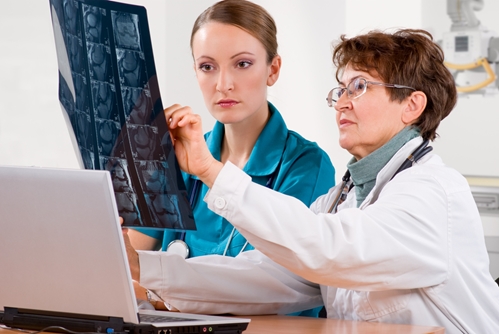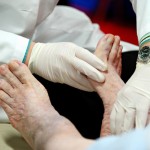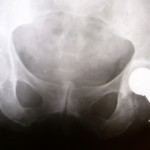Providers could be getting more out of EHR software
For years, healthcare professionals have heard that electronic health records are the wave of the future, but to date, only some providers have realized the potential of EHR software. For many doctors, their use of computers to keep track of patients' records is nominal at best. There is a significant difference between adopting an EHR system and making good use of the software. HCPs who not only start using EHRs, but take the time to learn how to maximize their potential will see marked improvements in the overall quality of the care they provide.
Variations in meaningful use
A recent study from the Department of Healthcare Policy and Research indicates that there is a large degree of variation in how effectively HCPs employ EHRs. Specifically, the areas where doctors most differed in their usage of new software was in how often they updated lists of patients' problems, when they chose to respond to clinical decision support alerts, whether their patient was new or established, and their engagement with meaningful use objective metrics. The study attributes this variance to the fact that many doctors adopted EHR software in order to be in compliance with the CMS incentive programs, but many did not fully incorporate the software into their practices. Specifically, the study noted that meaningful use of EHRs varies because of factors such as the provider's overall familiarity with the EHR system, his or her understanding of their patients' medical conditions as well as staffing and workflow differences between health centers.
Suggestions for improved usage
In an article on the difference between the adoption and effective implementation of EHRs, EHRIntelligence offered several recommendations to help HCPs make better use of their new EHR systems. According to the article, clinically focused leadership is one of the most important criteria for EHR optimization. For hospitals, it is essential that the chief medical information officer and chief nursing officer coordinate treatment and records while refining workflows and updating data as it becomes available. It is also absolutely necessary to install software updates and educate employees who interact directly with the computers to keep them up to date with changes. An educated workforce is an effective workforce. Also essential for HCPs is the practice of EHR analysis in addition to good record keeping. There is no point in simply dumping data into electronic records and then never looking at it again. Finally, providers should review the information they collect and reference it against new patient information as it becomes available.
Training and practice
The CMS incentive program has already paid out over $23.7 billion to providers who have adopted EHR systems. However, despite the potential of EHRs, much of it remains untapped. While it is important that doctors and other healthcare professionals review the metrics established for meaningful use by the CMS, it might be even more helpful for them to take the time to learn their new software. Anyone who has ever purchased a new smartphone or computer can attest that it is important to use the new device in order to understand it. HCPs appear to be in a similar position with their new patient record technology. Although EHR programs are complex and require a lot of technical knowledge, HCPs need to spend more time with them in order to employ them more effectively in their practices.
Additionally, although it can be challenging to take time away from busy, fully-booked schedules for training, some practices may find it useful to invest extra time in training. Nearly all EHR vendors provide training to teach users how to make the most out of their new software. Some training can be accessed through tutorials and videos on the vendors' websites, but usually face-to-face training is also available. Providers who want to take full advantage of their EHR programs should contact their vendors for additional information.



